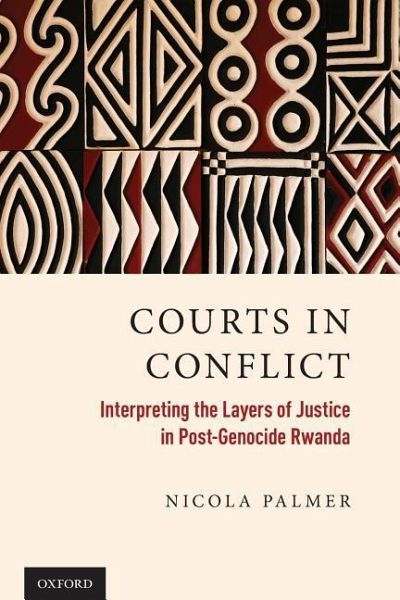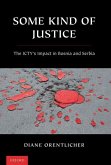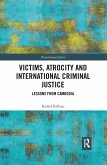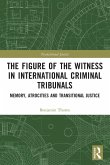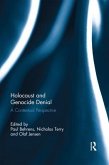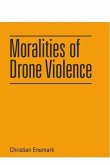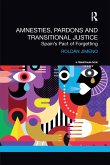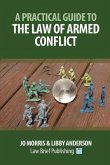Courts in Conflict focuses on the practices of the United Nations International Criminal Tribunal for Rwanda (ICTR), the national Rwandan courts, and the gacaca community courts in post-genocide Rwanda. It emphasizes that, although the courts are compatible in law, an interpretive cultural analysis indicates how and why they have often conflicted in practice. The author's research is derived from 182 interviews with judges, lawyers, and a group ofwitnesses and suspects from within all three of the post-genocide courts. This rich empirical material shows that the judges and lawyers inside each of the courts offer notably different interpretations of Rwanda's transitional justice processes, illuminating divergent legal cultures that help explain the constraintson the courts' effective cooperation and evidence gathering.
Hinweis: Dieser Artikel kann nur an eine deutsche Lieferadresse ausgeliefert werden.
Hinweis: Dieser Artikel kann nur an eine deutsche Lieferadresse ausgeliefert werden.

